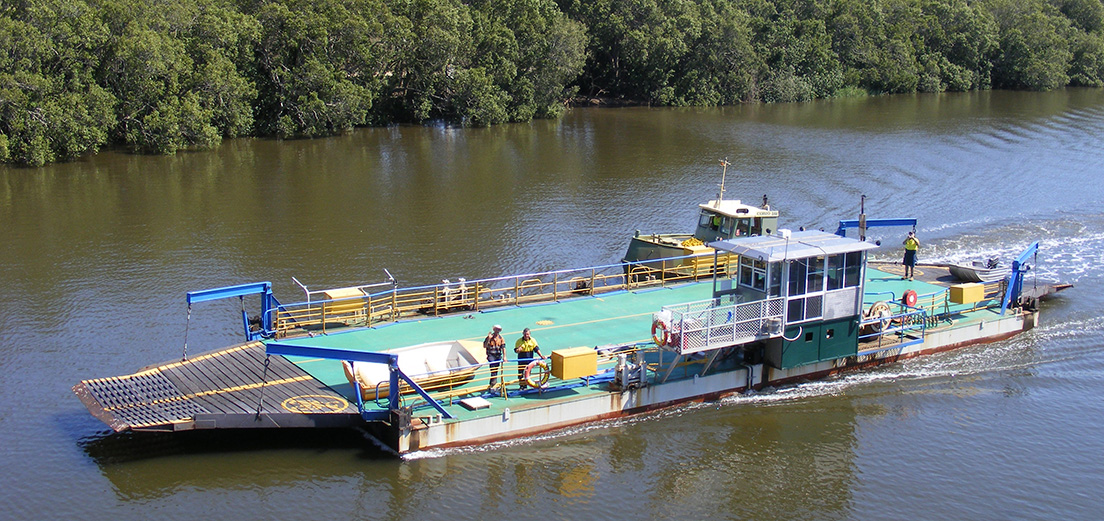One month after the stroke that changed little Lexie Tomolillo’s life, she had another one.
It was December 4 last year when the two-year-old South Morang girl began to feel unwell. Her mum, Krystal, knew something was seriously wrong. Lexie was rushed to the Royal Children’s Hospital where a CT scan and MRI revealed she had suffered a stroke.
“I was in disbelief that my baby had suffered a stroke, I didn’t understand how this could happen to a two-year-old,” Krystal said.
“We were discharged a week later and told recovery may take weeks, months, or even years. We did everything we could to focus on her recovery, and she was doing so well.”
On January 5, the family’s world came crashing down for a second time, when Lexie suffered another stroke. This time, she couldn’t speak or move.
“Our hearts were bleeding; our little girl was so fragile. We have never felt so helpless and broken, the heartache we were feeling was indescribable. Every night I would lie with her and beg her to speak to me in the morning,” Krystal said.
“As her mother, I have gone to hell and back. Not knowing what was going to happen in the future was the most difficult,” she said.
Over the next few weeks, Lexie had to learn to talk, eat, sit up and walk all over again. She spent a total of seven weeks in hospital.
“We watched our brave little girl beat the odds and amaze all of those involved in her care. Lexie slowly regained her strength, as well as her ability to communicate,” she said.
“Despite suffering two strokes and being left with a brain injury and visual impairment, Lexie amazes us every day. Her strength, resilience and determination make us so proud to be her parents.”
Lexie is among the 600 Australian children to have a stroke each year. Her family are sharing their story as part of Paediatric Stroke Awareness Month which runs every May.
Stroke Foundation Chief Executive Officer, Dr Lisa Murphy said it’s a common misconception that strokes only happens to the elderly.
“Stroke can happen to anyone, at any time. Even newborn babies have strokes. Around a third of all strokes in children occur under one year of age,” Dr Murphy said.
“We know the faster an adult or child with stroke gets to hospital and receives medical treatment, the better their chance of survival and a good recovery. Learning the F.A.S.T. acronym can make a real difference.”
Think F.A.S.T and ask these questions:
Face - Check their face. Has their mouth drooped?
Arms - Can they lift both arms?
Speech - Is their speech slurred? Do they understand you?
Time - Time is critical. If you see any of these signs, call 000 straight away.







